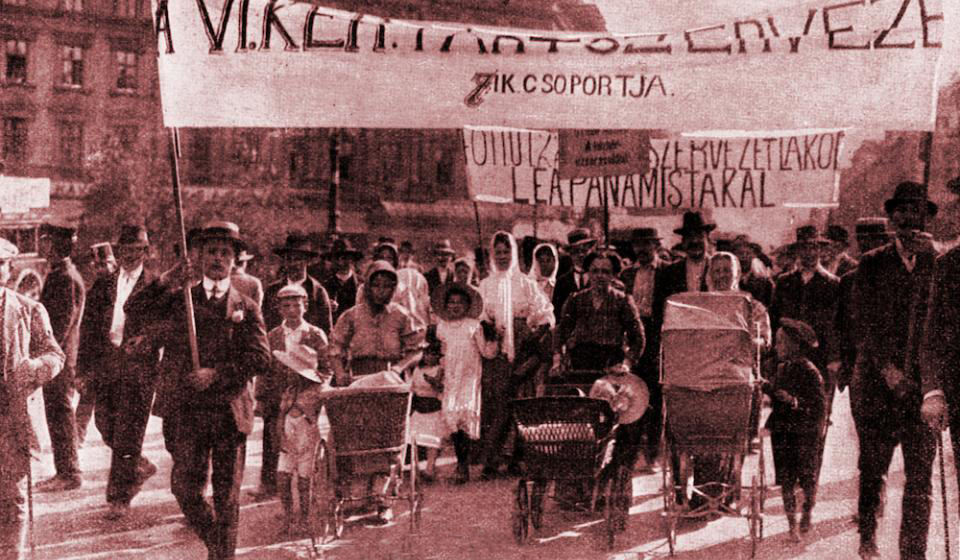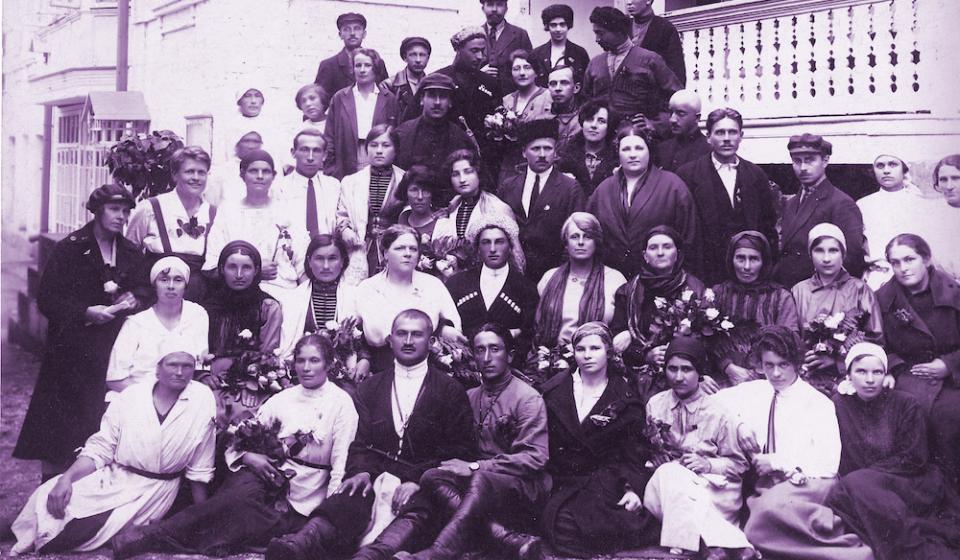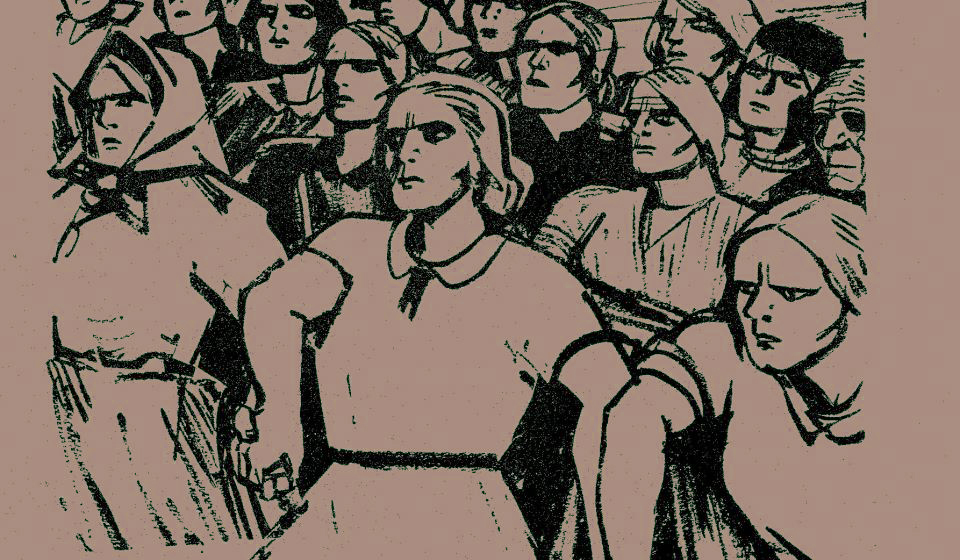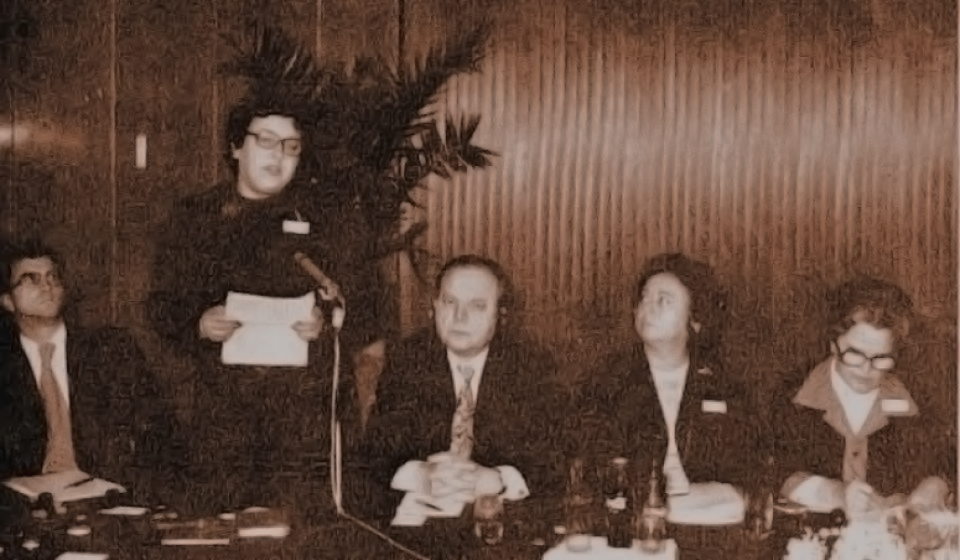ZARAH: Women’s labour activism in Eastern Europe and transnationally, from the age of empires to the late 20th century
Principal Investigator:
Susan Zimmermann
Duration:
February 2020 to January 2026
Funding:
ERC Advanced Grant
ZARAH explores the history of women’s labour activism and organizing to improve labour conditions and life circumstances of lower and working class women and their communities – moving these women from the margins of labour, gender, and European history to the center of historical study.
ZARAH’s research rationale is rooted in the interest in the interaction of gender, class, and other dimensions of difference (e.g. ethnicity and religion) as forces that shaped women’s activism. It addresses the gender bias in labour history, the class bias in gender history, and the regional bias in European history. ZARAH conceives of women’s labour activism as emerging from the confluence of local, nation-wide, border-crossing and international initiatives, interactions and networking. It studies this activism in the Austro-Hungarian and Ottoman Empires, the post-imperial nation states, and during the Cold War and the years thereafter. Employing a long-term and transregional perspective, ZARAH highlights how a history of numerous social upheavals, and changing borders and political systems shaped the agency of the women studied, and examines their contribution to the struggle for socio-economic inclusion and the making of gender-, labour-, and social policies.
In terms of the forms of women’s labour organizing, ZARAH includes the study of informal collectives, solidarity networks, cooperatives, trade unions, political parties and religious organizations. The projects will be referring to such form of actions as protests and temporary halts in production, education, negotiation, advocacy and campaigning, occurring on local, regional, national, and international levels, as well as across these levels. ZARAH studies women’s labour activism within both women’s networks and organizations and mixed-sex labour networks and organizations. In terms of the agendas of women’s labour activism, ZARAH takes into account activism addressing agrarian, industrial and office work, income-generating and unpaid work, problematizations of wage justice and ensuing claims, the politics the of double day, equal right to work, social and political rights, demands for better working conditions, and the issue of gender-inclusive trade union and labour education and organizing.
ZARAH comprises, in addition to the PI, an international group of post-doctoral and doctoral researchers at CEU, distinguished by their excellent command of the history and languages of the region. The research rationale, research questions, and methodological framework were developed through an intensive exploratory research phase (2016-2017). ZARAH is a pioneering project that consists of a web of component and collaborative studies, which include all relevant groups of activists and activisms, span the whole region, and cover the period between the 1880s and the 1990s. It will generate key research resources that are available to all students and scholars, and will set the stage for research for a long time to come.
ZARAH is named after Zehra Kosova, a Turkish-Greek labour activist of the interwar period, and Sára Rokon Tóth, a poor peasant woman and campaigner for peasant women’s and democratic rights in Hungary under the Habsburg Monarchy.




